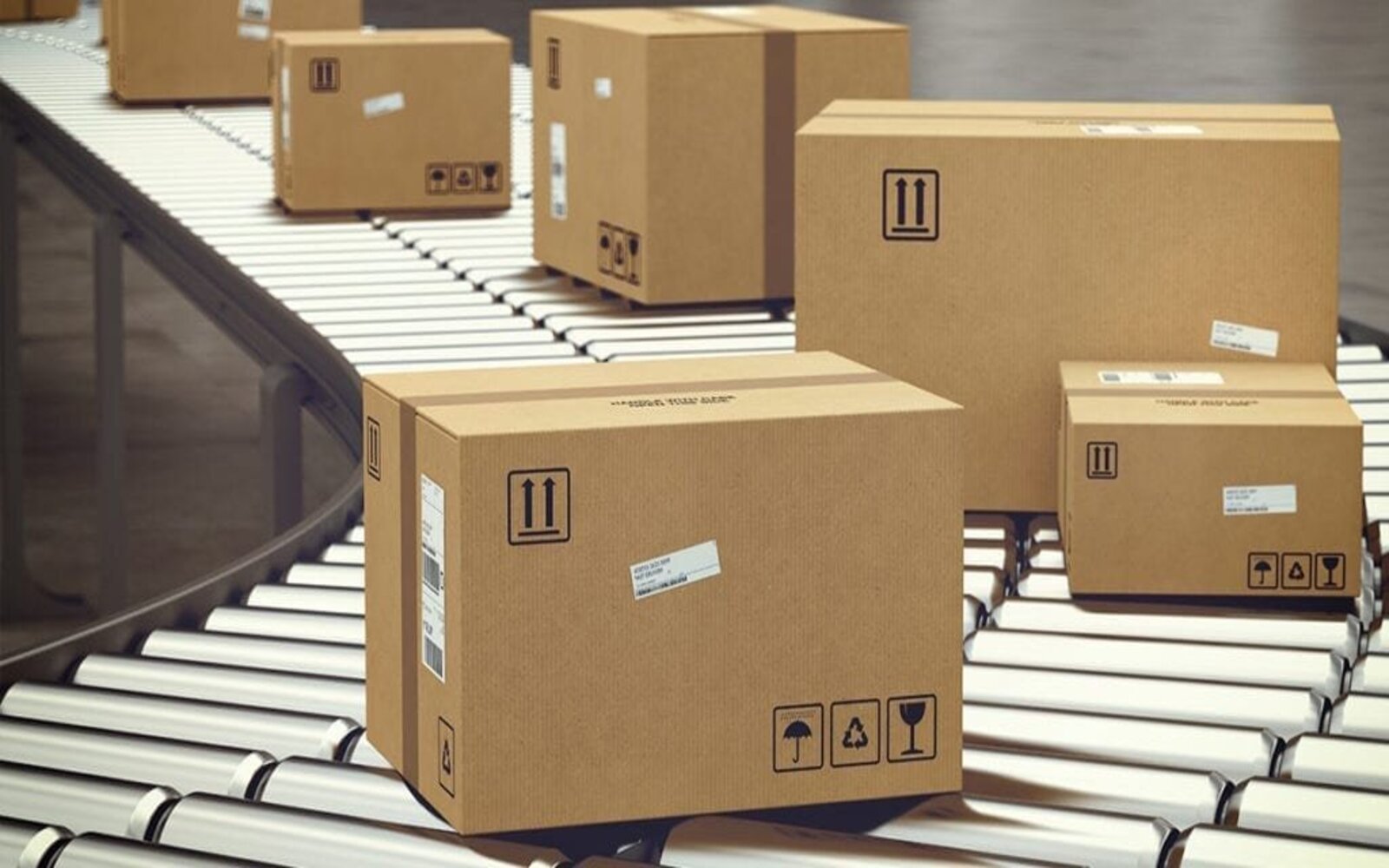
Image Source: Google
In the rapidly evolving world of eCommerce, efficient fulfillment is crucial to meeting customer expectations and staying ahead of the competition. One of the key strategies that businesses can employ to streamline their fulfillment processes is leveraging third-party logistics (3PL) providers. These providers are experts in managing supply chain operations and can offer a range of services to help businesses improve their eCommerce fulfillment. In this article, we will explore how businesses can strategically leverage 3PL providers for seamless eCommerce fulfillment.
The Benefits of Working with 3PL Providers
Cost Efficiency
- Outsourcing fulfillment to a 3PL provider can help businesses save on overhead costs associated with warehousing, labor, and technology.
- 3PL providers have existing infrastructure and resources in place, allowing businesses to scale their operations without significant upfront investment.
Focus on Core Competencies
- By entrusting fulfillment to a 3PL provider, businesses can focus on their core competencies such as product development, marketing, and customer service.
- This allows businesses to allocate resources more strategically and drive growth and innovation in other areas of the business.
Scalability and Flexibility
- 3PL providers offer flexible solutions that can be tailored to meet the evolving needs of a business, allowing for scalability during peak seasons or periods of growth.
- Businesses can easily adjust their fulfillment operations based on demand fluctuations without having to invest in additional resources.
Strategies for Leveraging 3PL Providers
Clear Communication and Collaboration
- Establishing open lines of communication with your 3PL provider is essential for seamless fulfillment operations.
- Clearly communicate your expectations, timelines, and performance metrics to ensure alignment and visibility throughout the process.
Integration of Systems
- Integrating your eCommerce platform with the 3PL provider's systems can streamline order processing and inventory management.
- Automating data exchange and syncing systems can reduce errors, improve efficiency, and provide real-time visibility into inventory levels.
Performance Monitoring and Optimization
- Regularly monitor key performance indicators (KPIs) such as order accuracy, fulfillment speed, and inventory turnover to identify areas for improvement.
- Collaborate with your 3PL provider to optimize processes, implement best practices, and continuously improve fulfillment operations.
Choosing the Right 3PL Provider
Industry Experience and Expertise
- Look for a 3PL provider with experience in eCommerce fulfillment and a proven track record of success in your industry.
- Ensure that the provider has the expertise and capabilities to meet your specific requirements and handle any unique challenges that may arise.
Technology and Infrastructure
- Evaluate the technology and infrastructure capabilities of the 3PL provider, including warehouse management systems, order processing technologies, and integration capabilities.
- Choose a provider that can offer scalable and flexible solutions to support your business needs and future growth.
Service Level Agreements (SLAs)
- Define clear service level agreements with your 3PL provider to establish expectations around performance, quality, and responsiveness.
- Ensure that the SLAs are aligned with your business objectives and that there are mechanisms in place for monitoring and enforcing compliance.
By strategically leveraging 3PL providers for eCommerce fulfillment, businesses can achieve greater efficiency, scalability, and flexibility in their operations. With the right partner and a focus on collaboration and optimization, businesses can enhance the customer experience, drive growth, and stay competitive in the dynamic eCommerce landscape.